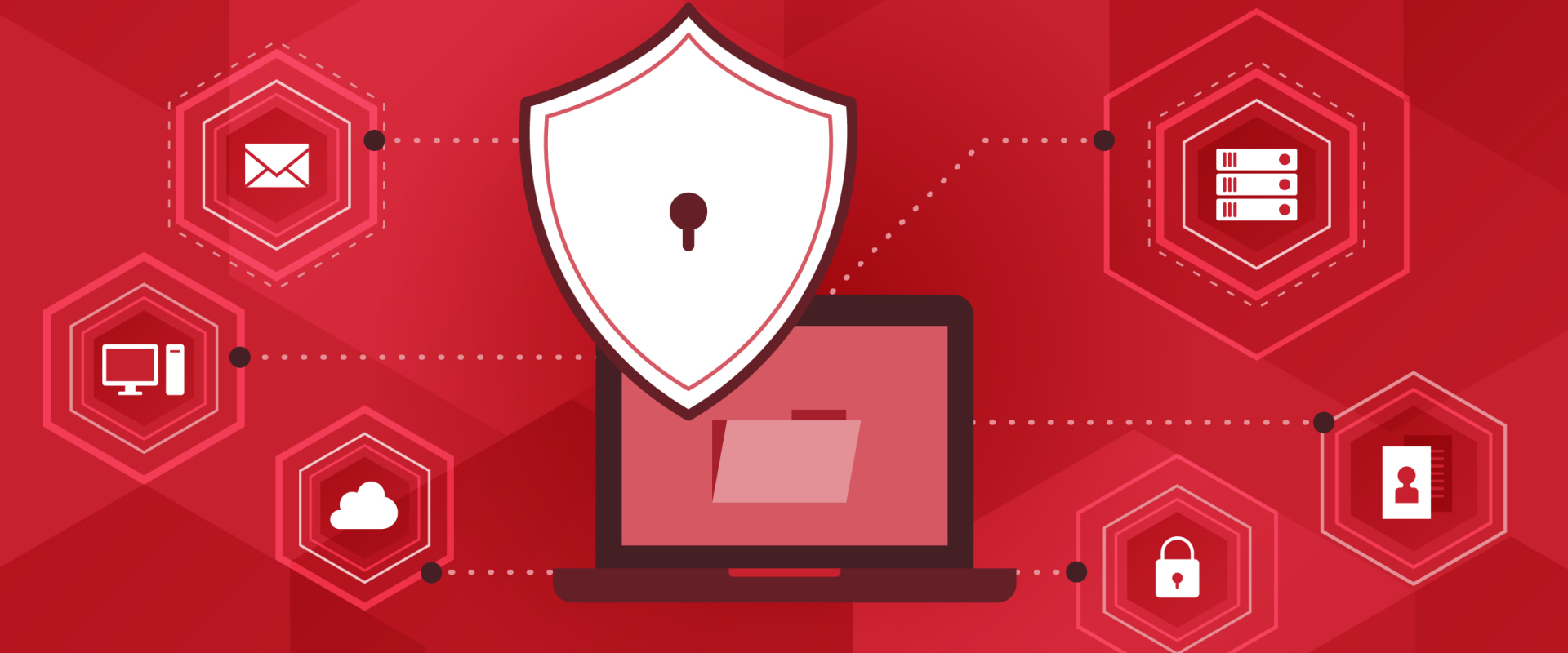As the use of technology in our lives increases, so too does the need to ensure that our networks and data remain secure. Network security policies are an essential part of any organization's strategy for protecting its data and systems from attack. In this comprehensive overview, we will explore the various components of network security policies, what they are, and how they can help organizations protect their data and systems from cyber threats. We will discuss why network security policies are important, how they can help organizations stay compliant with HIPAA security requirements and other technical security requirements, and the different types of network security policies available. Finally, we will discuss the importance of regularly reviewing and updating network security policies to ensure that they remain effective against evolving threats.
Network security policies
are an integral part of any company's security infrastructure.They help protect confidential data and adhere to relevant laws and regulations, such as the Health Insurance Portability and Accountability Act (HIPAA). It is important for businesses to understand the types of policies available, as well as how to effectively implement them. This article will provide an overview of network security policies, including their types, implementations, and importance. The types of network security policies can vary depending on the organization's needs.
Generally, however, these policies can be divided into three main categories: access control policies, authentication policies, and encryption policies. Access control policies dictate who can access which resources, while authentication policies determine how access is verified. Encryption policies outline how data should be encrypted in order to protect it. When implementing network security policies, it is important to make sure they are comprehensive and up-to-date.
Organizations should consider both external threats, such as hackers, as well as internal threats, such as disgruntled employees. Policies should be regularly reviewed and updated to ensure that they are still effective in protecting confidential data. Organizations must also consider technical requirements when implementing their network security policies. For example, if a business is subject to HIPAA compliance, they must adhere to certain technical standards such as encryption, authentication, access control, and data backups.
Encryption is used to ensure that data is kept secure when it is transmitted over a network. Authentication ensures that only authorized users have access to the system. Access control restricts user access to certain resources or services. Finally, data backups are necessary to ensure that data is not lost in the event of a system failure or disaster.
Network security policies are essential for businesses of all sizes. They help ensure that confidential information is kept secure and that organizations are compliant with relevant laws and regulations. By understanding the different types of policies available and implementing them correctly, businesses can protect their data and remain in compliance with applicable laws.
Implementing Network Security Policies
Implementing network security policies is an essential step in protecting confidential data.Access controls, authentication methods, data backups, and encryption methods should all be set up properly to ensure maximum security. When setting up access controls, it's important to define who has access to what resources, and under what circumstances. This can be done by assigning roles and privileges to users and groups. Access controls should also be regularly monitored and updated to ensure they remain effective.
Authentication methods should also be put in place to verify the identity of users. Two-factor authentication is an effective way of doing this, as it requires two different pieces of evidence before granting access. Data backups are also important for network security policies. Regular backups of critical data should be taken, and the backups should be stored in a secure location.
Finally, encryption methods should be used to protect data from unauthorized access. Encryption makes it impossible for someone to view confidential information without the correct decryption key. By following these best practices when implementing network security policies, organizations can ensure their data is kept secure and protected from unauthorized access.
The Importance of Network Security Policies
Network security policies are essential for any business, as they help ensure that confidential information is kept secure. In the case of healthcare organizations, HIPAA security requirements must be met in order to protect patient data. It is important for businesses to understand the importance of network security policies and why they are necessary for compliance with HIPAA regulations. Having a clear understanding of network security policies allows organizations to create a secure environment that helps protect confidential data from unauthorized access.These policies also help organizations maintain compliance with HIPAA regulations, which require organizations to protect the privacy and security of sensitive patient data. Additionally, having a well-defined network security policy can help organizations avoid costly fines and penalties for non-compliance with HIPAA rules. Network security policies are also beneficial for organizations looking to improve their cybersecurity posture. By implementing strong network security policies, organizations can prevent hackers from gaining access to their systems, as well as reduce the risk of data breaches. Furthermore, having a comprehensive network security policy can help organizations maintain regulatory compliance and demonstrate best practices when it comes to protecting patient data. Ultimately, network security policies are essential for any business that handles confidential data.
They provide the necessary safeguards to protect data and ensure that organizations meet HIPAA requirements. By understanding the importance of these policies, businesses can ensure that they are compliant and secure.
Types of Network Security Policies
Network security policies are essential in any business, as they help ensure that confidential information is kept secure. These policies come in many different forms, and it is important to understand the different types of policies available in order to ensure compliance with HIPAA security requirements. Common types of network security policies include access control policies, authentication policies, data backup policies, and encryption policies.Access Control Policies
Access control policies are designed to limit access to sensitive information and systems.These policies typically involve setting user privileges and defining who has the right to access various resources. Access control policies also involve specifying the times of day when users can access certain resources.
Authentication Policies
Authentication policies are used to verify the identity of users before they are allowed to access certain resources. These policies include methods such as passwords, biometric identification, and two-factor authentication. Authentication policies help protect against unauthorized access by ensuring that only authorized users have access to sensitive information.Data Backup Policies
Data backup policies are designed to protect critical data in the event of a system failure or other disaster.These policies involve regularly backing up critical data and storing it in a secure offsite location. Data backup policies can also include provisions for restoring lost data in the event of an emergency.
Encryption Policies
Encryption policies are used to secure data from unauthorized access. These policies involve encrypting data so that it cannot be read by anyone without the proper encryption key. Encryption policies can also specify which types of data should be encrypted and how often encryption keys should be changed. In conclusion, network security policies are essential for any organization that handles confidential information.They help ensure that data is kept secure and protect organizations from potential legal issues. It is important for organizations to understand the technical requirements for achieving HIPAA compliance in order to protect themselves and their customers. Types of Network Security Policies, Implementing Network Security Policies, and The Importance of Network Security Policies are all crucial topics that must be addressed to ensure secure operations.








Leave Message